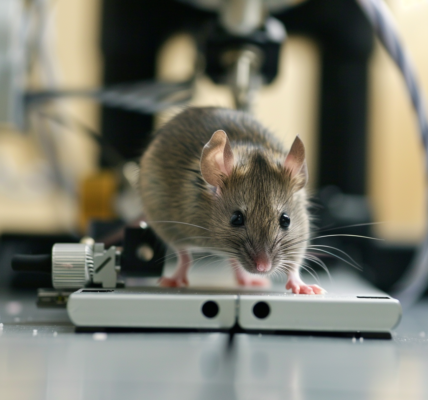An exciting attempt to cure HIV using CRISPR genome editing has faced setbacks in its early stages, as revealed by investigators on Friday. The clinical trial, conducted by Excision BioTherapeutics, aimed to tackle a key challenge in HIV treatment – the virus’s ability to integrate into a patient’s DNA and persist even after antiviral drugs have cleared replicating virus.
The researchers sought to leverage CRISPR technology to target and remove HIV DNA from specific cells by making precise cuts at two locations. In the Phase 1 trial, the treatment was administered to five patients, with three of them subsequently taken off conventional antiviral therapy.
Despite high hopes, the results of the trial were disappointing. The CRISPR edits failed to completely eradicate the HIV virus from the patients, highlighting the complexities involved in utilizing gene editing for such a challenging disease.
This setback underscores the need for further research and refinement of CRISPR-based therapies for HIV and other genetic conditions. While the initial results may not have met expectations, the field of genome editing continues to hold promise for transforming the landscape of medical treatments in the future.





